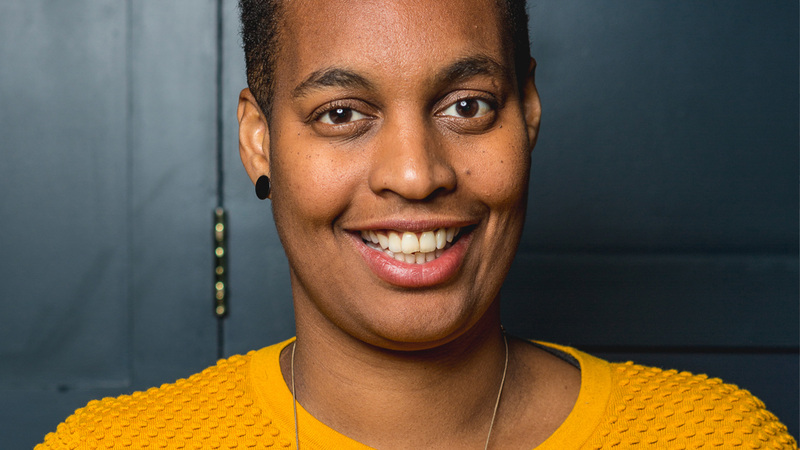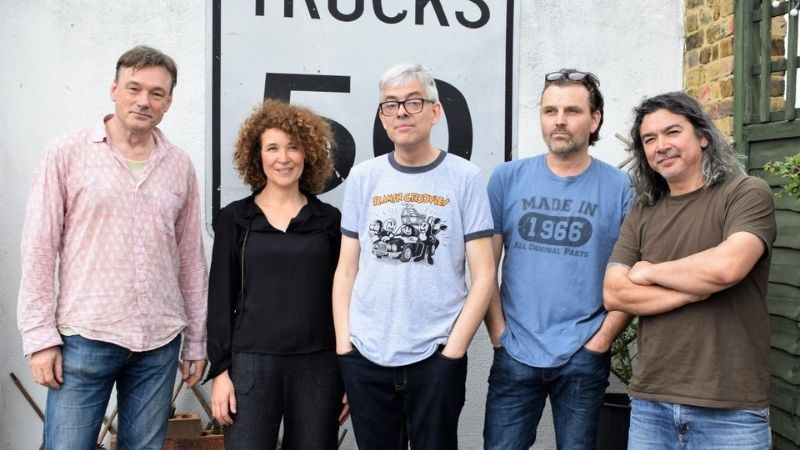You are viewing your 1 free article this month. Login to read more articles.
Bookshops – the reader's most reliable curator
When I recently interviewed James Daunt, m.d. of Waterstones, at the Quantum Conference at the London Book Fair, he ventured the interesting opinion that while publishers seemed willing to let Waterstones fail in 2010, now they might not be. The change of attitude in those six years speaks to the survival and, more recently, flourishing of a revitalised, if smaller, book trade and the market for printed books.
In the early 21st century publishers became more consumer and format focused, as a large number of chain and independent booksellers went out of business and e-book sales grew rapidly. In the previous decade, the conventional music industry had diminished so dramatically that it was easy for commentators to say bookshops would go the same way and online retail would dominate. Publishers were also being hounded to get with the new world and its new rules or resign themselves to being ‘legacy’ businesses, prone to extinction. The book trade and printed book appeared to have lost their place centre stage.
Bookshops have now returned to the heart of the modern writer- and consumer-focused book industry. As we celebrate Independent Bookshop Week, bookshops are now understood to be a key part of a new ecology that is giving great confidence to publishers. This ecology is dynamic, a place where creating demand among readers places bookshops in a symbiotic relationship with publishers and authors through events and both traditional and social media.
I’ve been visiting independent and chain bookshops over the last six months and have been struck by their intensely local nature. All shops take notice of bestsellers, but increasingly independent and chain bookshops curate out of their own interests. ‘What do I read next?’ is the question the industry has been challenged to solve in an increasingly online world, and the rise of confidence in high-street booksellers indicates that some readers have voted with their feet and headed to the place they trust most to recommend an answer. If you don’t know what you want, having all books available is less helpful than a small fraction passionately and thoughtfully curated. Mr B’s Emporium in Bath offers ‘book spas’ where staff pamper customers with reading choices, and Forum Books in Corbridge offers gift-wrapped mystery selections. The Arnolfini bookshop in Bristol has perhaps only 1,000 titles, but it showcased a range of books I’d not seen before, which excited me and made me spend money.
This is not new, but booksellers are amplifying this age-old skill through the physical beauty of their stores, their use of social media, major events programmes that often take place outside the shop, and through diverse other services including excellent cafes and even delicatessens. In fact, Main Street Trading Co. in St Boswells is so seductive I considered moving to the Borders! The new book trade is working its patch hard, taking risks and offering a vital contribution to communities and their readers.
Alongside this, high-street booksellers have also become very clear about where they will not compete. None of the independents I visited were much concerned with matching prices in the mass market or online, nor with a more traditional online presence – true also for the increasingly buoyant Waterstones. Websites, online shopping and e-books were not priorities. Bookshops have the confidence to become a physical place where shopping is slower, an intrinsic pleasure in itself. In my 30 years in the industry, I can’t think of a time when there were so many exceptional bookshops in the UK. There were many more shops 10 years ago, but online retail made the sheer volume of shelf space unnecessary. What the modern bookshop offers is not mass volume of titles, but an intense, personal and unusual experience.
The rise – or resurrection – of bookshops has been underpinned by two other stories. New technology can mask a truth that existing technology is sometimes better. The printed book remains a significantly more developed piece of technology than the e-book in some important ways, not least in the tactile and design qualities they embody. E-books are an additional format – a revolutionary one for readers, but only one format. Printed books have long held a strong place in our culture, unlike the embattled CD. Moreover, the arrival of digital has demanded that publishers improve their print publishing, adding value and quality to physical books, which has been beneficial to booksellers as they adorn their lovely shops with better-crafted wares.
Secondly, the rise of the book festival over the last 15 years demonstrates that readers want to meet and hear writers. Many bookshops have become excellent go-betweens for their customers, and are increasingly ambitious about becoming impresarios of the reading world, staging events rather than old-style readings.
Bookselling in its oldness is part of the new: for publishers, partnering with booksellers is to partner with the reader’s most reliable and accessible curators. In an age of over-abundance of choice, this makes sense. The mass market is different, of course, but for the core audience of readers for whom books are an essential part of the goodness of life, bookshops are the first and most reliable gateway to the world of reading and writers. As a reader and publisher, I can only celebrate this new turn in the story of books, and at Faber and the Independent Alliance we will seek to prioritise the skills to be a good partner in this renewed and remade ecosystem.
Stephen Page is c.e.o. of Faber.



















